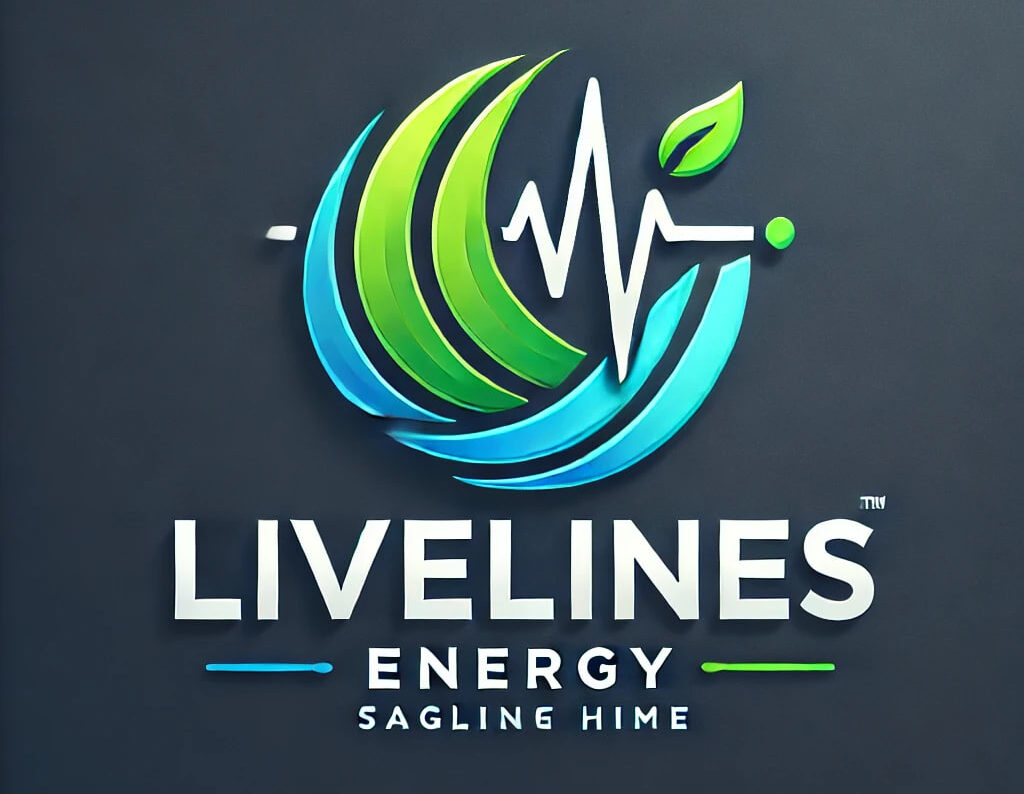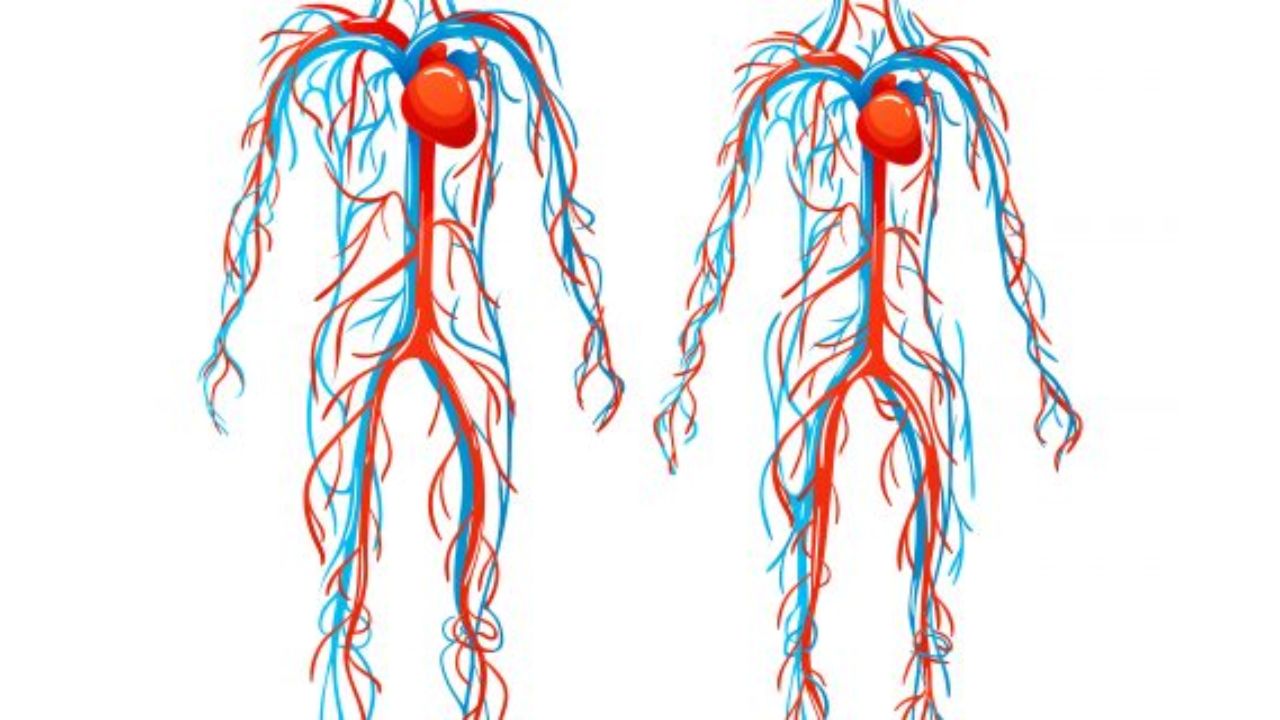The vascular system, often known as the circulatory system, is an intricate network of blood vessels that includes arteries, veins, and capillaries. Its primary function is to transport blood throughout the body, delivering oxygen and nutrients to the tissues while removing waste products. Keeping this system clean and healthy is crucial as it can impact overall well-being. A “vascular cleanse” refers to practices that are thought to remove toxins and build-up from the blood vessels, thus promoting better circulation and vascular health.
Maintaining the health of the vascular system is influenced by factors including diet, lifestyle choices, and the management of pre-existing health conditions. For example, foods high in antioxidants and anti-inflammatory properties can support vascular health. Exercise, avoiding smoking, and maintaining a healthy weight also contribute. Furthermore, medical interventions and preventive measures may be necessary in certain situations to address issues like plaque build-up or to manage diseases that can adversely affect the blood vessels.
Key Takeaways
- A vascular cleanse is intended to improve circulatory system health and function.
- Lifestyle and dietary choices significantly affect vascular health.
- Preventive measures and treatments are important for managing vascular-related conditions.
Understanding Vascular Health
Maintaining vascular health is vital to ensuring effective circulation and preventing heart disease. I’ll explain the key roles that cholesterol and other lipids play in vascular health, the process of atherosclerosis, and how blood pressure and sugar levels affect the arteries.
Roles of Cholesterol and Lipids
Cholesterol is a fatty substance vital for the formation of cell membranes and certain hormones. There are two main types of cholesterol: low-density lipoprotein (LDL) often referred to as ‘bad’ cholesterol, and high-density lipoprotein (HDL), known as ‘good’ cholesterol. An appropriate balance between HDL and LDL is crucial for cardiovascular health. Excessive LDL can lead to plaque buildup, while HDL helps to transport cholesterol away from the arteries to the liver for elimination.
| Lipoprotein Type | Role in the Body | Impact on Arteries |
| LDL (bad) | Transports cholesterol to cells | Can cause plaque buildup in arteries |
| HDL (good) | Transports cholesterol away from arteries | Helps protect arteries from atherosclerosis |
Development of Atherosclerosis
Atherosclerosis is the thickening or hardening of the arteries due to plaque buildup, composed of cholesterol, fatty substances, cellular waste, and fibrin. This process is progressive and can restrict blood flow, leading to potential heart attacks or coronary artery disease. The inner walls of arteries can be damaged by factors such as smoking, high cholesterol, and high blood pressure, prompting the commencement of plaque accumulation.
Impacts of Blood Pressure and Sugar on Arteries
Elevated blood pressure puts extra stress on the artery walls, potentially causing tears that can accelerate plaque accumulation. Consistently high blood sugar levels, common in diabetes, can damage the inside of the arteries, promoting atherosclerosis. This damage may lead to clogged arteries, impaired blood flow, and an increased risk of heart disease.
- Blood Pressure: Excessive pressure can deform arterial walls, providing sites for plaque attachment.
- Blood Sugar: High levels can lead to arterial damage, which increases the risk of plaque formation.
Lifestyle and Dietary Influences
In my exploration of vascular health, I focus on how lifestyle choices and diet significantly impact the circulatory system. The balance between nutrients, physical activity, and avoiding harmful substances plays a critical role in maintaining vascular cleanliness and preventing diseases.
Significance of Nutrition
Diet is fundamental to vascular health. I advise consuming a diet rich in vegetables, fruits, whole grains, and nuts, all known for their high fiber and antioxidant content. These foods reduce inflammation, a key factor in vascular damage. I’m particularly supportive of including fatty fish like salmon, rich in beneficial unsaturated fats, and legumes in one’s diet, while limiting saturated fats and avoiding trans fats found in processed foods. The Mediterranean diet, which I find to be exemplary, emphasizes these components along with extra virgin olive oil and has been endorsed by the American Heart Association for promoting heart health.
Exercise and Physical Activity
I believe regular exercise is crucial for maintaining a healthy vascular system. Engaging in moderate to vigorous physical activity, as recommended by health authorities, lowers the risk of obesity and high blood pressure—two significant threats to vascular health. My advice is to aim for at least 150 minutes of moderate-intensity aerobic exercise per week, complemented by muscle-strengthening activities. This approach not only helps prevent arterial damage but also improves overall cardiovascular function.
Effects of Smoking and Alcohol on Vascular Health
Smoking has a profoundly negative impact on vascular health, which I cannot stress enough. It causes chronic inflammation, damages the lining of arteries, and contributes to high blood pressure and blood clots. Stopping smoking can lead to immediate benefits for the vascular system. When it comes to alcohol, moderation is key. While small amounts of alcohol, such as red wine, can be part of a heart-healthy diet, excessive consumption is detrimental, leading to a spectrum of vascular issues. Following the American Heart Association guidelines for alcohol intake is a method I find to be reliable and sensible in protecting against vascular disease.
Preventive Measures and Treatments
I understand the importance of preventing vascular issues and seeking effective treatments. This section addresses both, focusing on monitoring and medication, natural remedies and supplements, and advanced medical interventions to maintain vascular health.
Monitoring and Medication
Routine monitoring is essential for early detection and management of cardiovascular risk. I often prescribe statins to lower cholesterol levels and reduce the risk of plaque buildup in the arteries. These medications help in lowering triglycerides and also aim at increasing the levels of ‘good’ cholesterol. Alongside, antioxidant-rich medications can combat free radicals that may damage the blood vessels. For blood clots, I may recommend antiplatelet or anticoagulant drugs that keep platelets from sticking together.
- Medications Prescribed:
- Statins (for cholesterol management)
- Anticoagulants (to prevent clots)
- Antioxidants (to protect against free radicals)
Natural Remedies and Supplements
I often incorporate natural remedies and supplements into my treatment plans for their anti-inflammatory benefits and content of healthful compounds such as polyphenols and omega-3 fatty acids. Foods like garlic can regulate blood pressure, ginger is known for its anti-inflammatory properties, and cabbage and broccoli are high in vitamins and minerals. I advise patients to include olive oil, beans, berries, and nuts like walnuts in their diet for a heart-healthy supply of fats and antioxidants. Consuming fatty fish such as salmon and mackerel is beneficial due to their high omega-3 fatty acid content. Lifestyle changes, particularly weight loss and regular physical activity, also play a critical role in vascular health.
- Dietary Inclusions:
- Omega-3s: Salmon, Mackerel
- Antioxidants: Berries, Walnuts, Olive Oil
- Anti-inflammatory: Ginger, Garlic
Advanced Medical Interventions
When lifestyle changes, medication, and supplements are not sufficient, surgical options may be necessary. I refer patients for bypass surgery if there are severe blockages that cannot be managed with medication. Inserting a stent can open up narrow arteries and is often performed to improve blood flow. In cases where arteries are blocked, surgery is sometimes the fastest and most effective way to treat the problem.
- Surgical Treatments:
- Bypass Surgery (for severe blockages)
- Stent Insertion (to open narrow arteries)
Frequently Asked Questions
In this section, I’ll address some common questions regarding steps you can take to improve your cardiovascular health and cleanse your vascular system.
What lifestyle changes can help improve my cardiovascular health?
I advise adopting a more active lifestyle and making dietary adjustments to support heart health. Quitting smoking and reducing stress are also key factors.
Which foods are beneficial for maintaining clean arteries?
I recommend eating plenty of fruits, vegetables, whole grains, lean protein, and nuts. Foods rich in omega-3 fatty acids, like salmon and flaxseeds, are particularly good for arterial health.
How does physical activity impact arterial health?
Regular exercise helps maintain the elasticity of blood vessels, lowers blood pressure, and increases good cholesterol levels, all of which are important for clean arteries.
What are the most effective natural remedies for reducing arterial plaque?
Incorporating garlic, turmeric, and ginger into your diet has been shown to help reduce plaque buildup. However, I encourage consulting a healthcare provider before starting any natural remedies.
Can certain drinks contribute to the health of the vascular system?
Drinks like green tea, which is high in antioxidants, and moderate amounts of red wine, which contain resveratrol, may support vascular health.
Are there specific diets known to aid in the reduction of vascular blockages?
Diets like the Mediterranean diet, which emphasizes fruits, vegetables, olive oil, and fish, have been associated with lower rates of heart disease and may help reduce arterial blockages.

